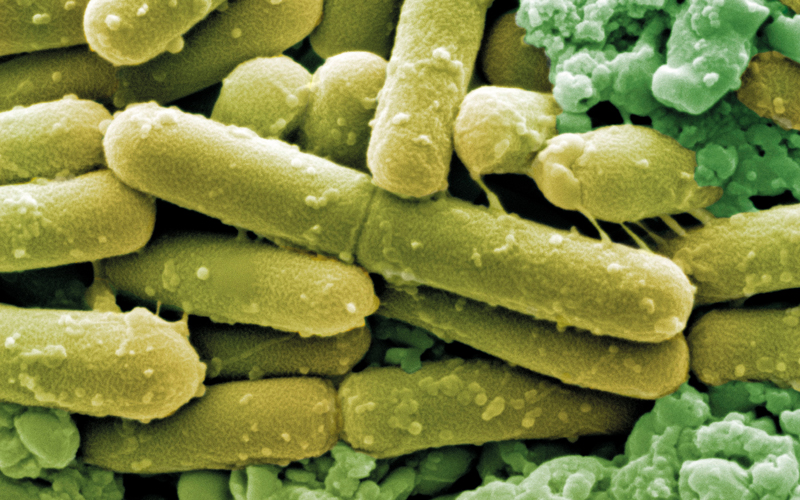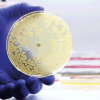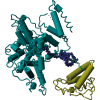In the first comprehensive US evidence-based guideline on the use of faecal microbiota-based therapies for gastrointestinal disease, the American Gastroenterological Association recommends faecal microbiota transplant (FMT) for most patients with recurrent Clostridioides difficile (C. diff) infection.

“Using faecal microbiota transplant, we take a stool from a healthy donor and transfer it to the colon of the person with recurrent C. diff, restoring balance to their gut microbiome,” said author Dr Anne Peery.
“FMT is a safe and effective treatment with enough scientific evidence to be offered to most patients with two or more C. diff recurrences.”
In the US, nearly half a million people each year experience C. diff. One in six of those people will deal with a C. diff recurrence within two to eight weeks.
For patients with recurrent C. diff infection at a high risk of recurrence, the AGA recommends the use of FMT-based therapy after completing a course of antibiotics. Only severely immunocompromised patients (such as neutropenic patients or those who have received a bone marrow transplant) are excluded from the recommendation.
For hospitalised patients with severe C. diff infection, the AGA recommends the use of conventional FMT following standard-of-care antibiotic therapy in select patients if there is no improvement.
FMT therapies are not recommended as a treatment for inflammatory bowel diseases or irritable bowel syndrome.
Image Credit | Science Photo Library




